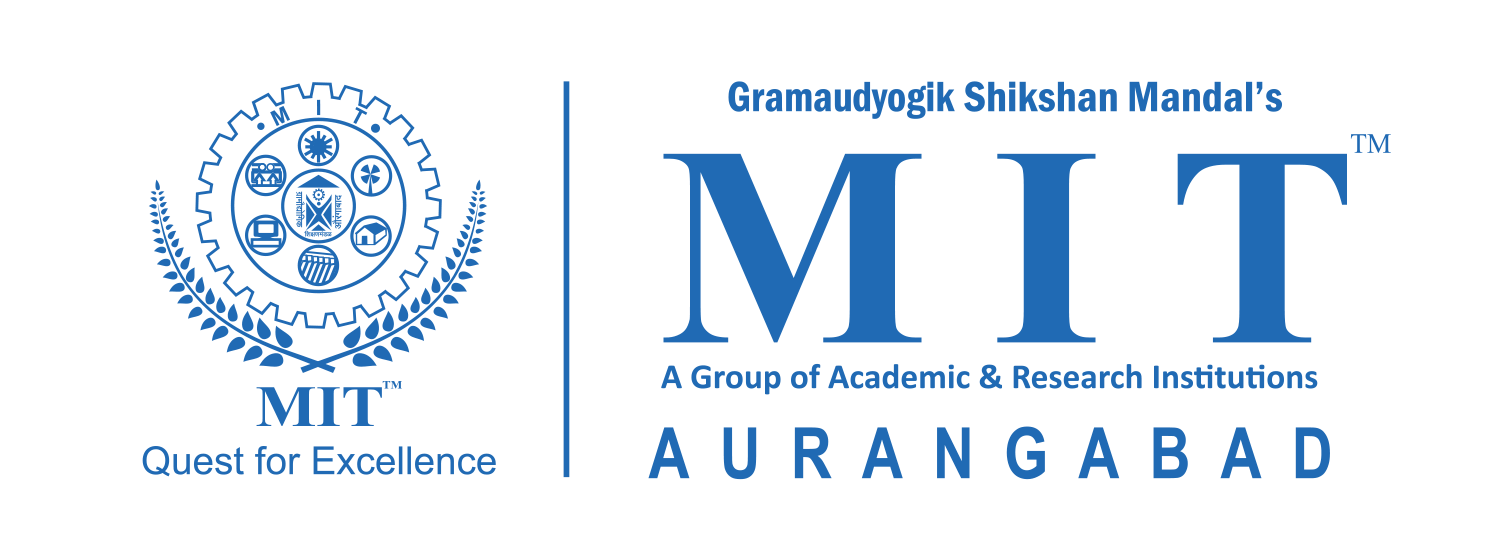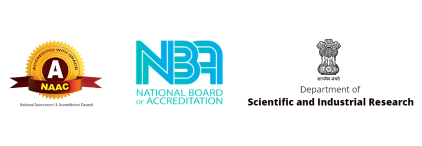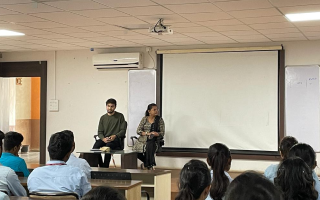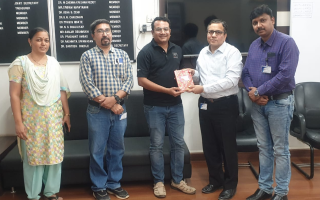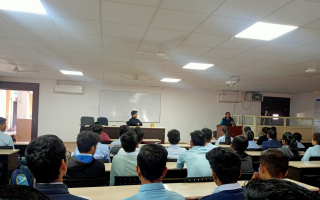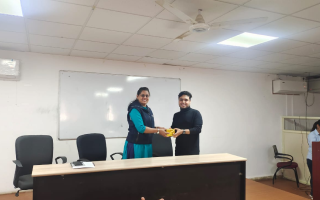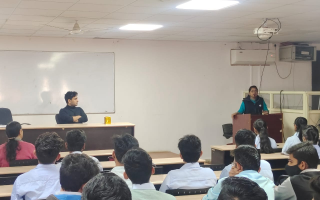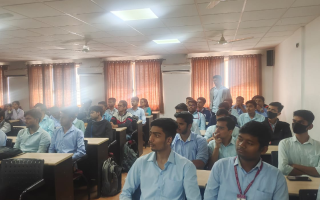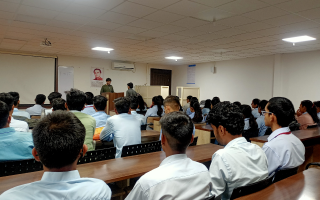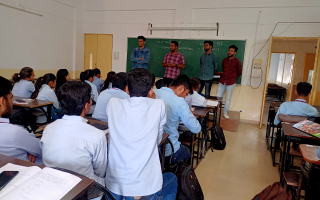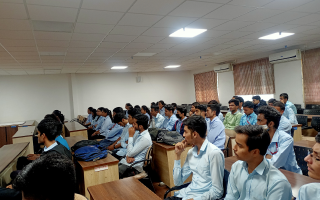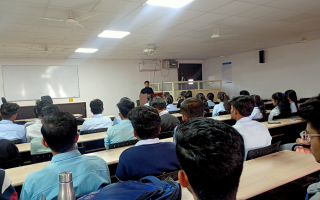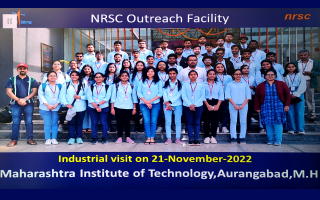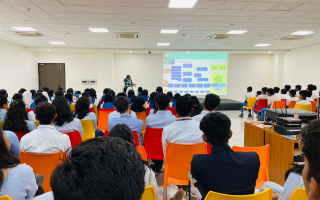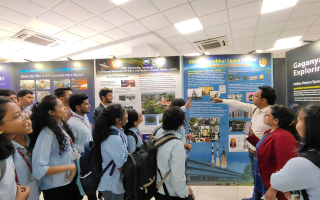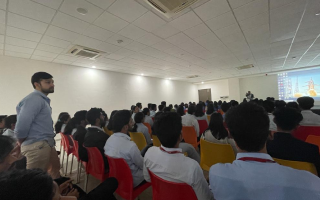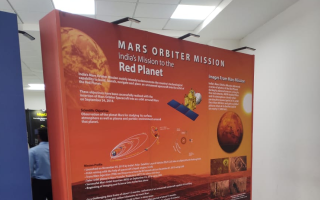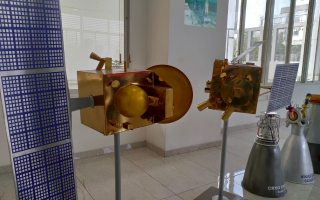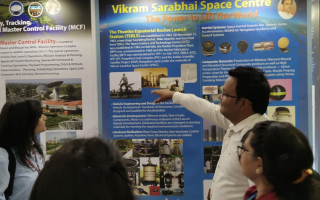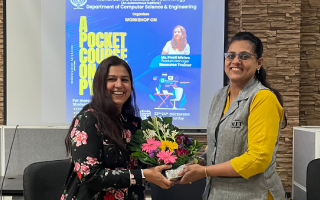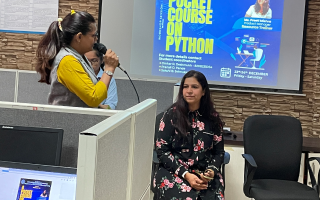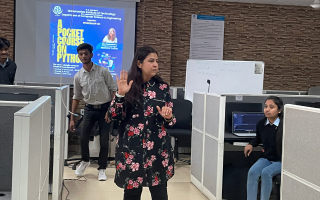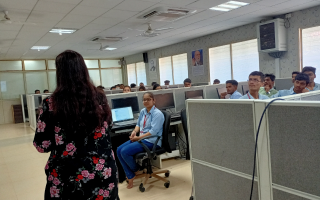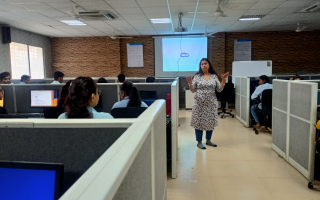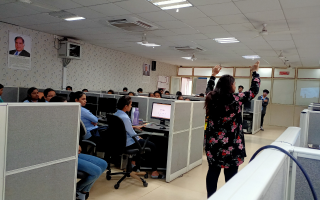
The Department of Computer Science and Engineering was formed with the primary objective of providing quality education in the field of Information Technology, while addressing the problems of Industry and Society at large. The strength of the department lies in the highly motivated staff and students who understand the dynamics of the industry and hone their skills accordingly.
Keeping in view the frequent update in the technology, the syllabus of this course is at par with today’s requirements. Courses like Cloud Computing, Programming Languages like C, C++, Java, Python, Android programming and many more. In the last semester of Final year the students compulsory undergo in-plant training in Industry. The department has an industrial association with Infosys, Red Hat, AWS, Oracle, Sedulity Solution for Cyber Security.
| Program. | Duration | Intake |
|---|---|---|
| B. Tech in Computer Science and Engineering | 4 Years | 180 |
| M. Tech in Computer Science and Technology | 2 Years | 18 |
| M. Tech in Computer Science and Engineering | 2 Years | 12 |
Dear Students,
Welcome to the Computer Science and Engineering Department. Our institute is the first Autonomous Institute in the Marathwada region, unique like a prism reflecting the manifold shades of learning and co-curricular activities. CSE Department with state of art infrastructure facility ensures to provide quality education. For us, the process of learning is extremely important in life. What you learn and how you learn plays a crucial role in developing ones intellectual capability besides career.
The state-of-the-art infrastructure, teaching faculty of the best kind, interaction among students, parents and staff, along with a Training and Placement Cell ensures a bright future to students. We believe that our students will emerge as assets not only to this institution and to the organization they belong, but also to society at large.
I extend my best wishes to all the students for an exciting, rewarding and stimulating four years on this campus and a bright future thereafter.
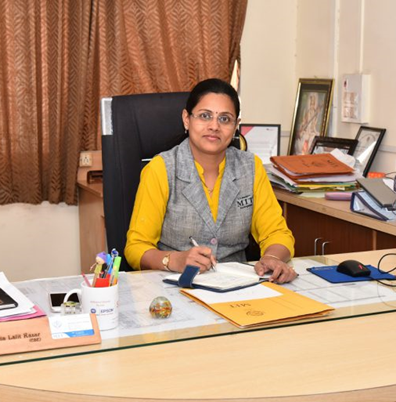
Dr. Smita Kasar
Head Of Department
Location: Room no: 510
Department of Computer Science & Engineering
Maharashtra Institute of Technology,
Aurangabad
Landline no: 0240-2375270
Email- hodcse.mitt@mit.asia
Mon – Sat 10:00 A.M. – 5:30 P.M.
VISION
To develop the department as a center of excellence in the field of Computer Science and Engineering by imparting knowledge & training to the students for meeting growing needs of the industry & society.
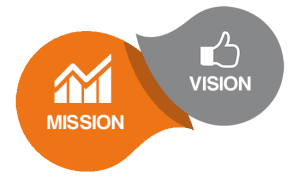
MISSION
Providing quality education through a well designed curriculum in tune with the challenging needs of software industry by providing state of the art facilities and to impart knowledge in the thrust areas of Computer Science and Engineering.
CSE-PO, PEO, PSO
PO1:
Engineering Knowledge: Apply the knowledge of mathematics, science, engineering fundamentals, and an engineering specialization to the solution of complex engineering problems.
PO2:
Problem Analysis: Identify, formulate, review research literature, and analyse complex engineering problems reaching substantiated conclusions using first principles of mathematics, natural science and engineering sciences.
PO3:
Design & Development of Solutions: Design solutions for complex engineering problems and design system components or processes that meet specified needs with appropriate consideration for the public health and safety and the cultural ,societal and environmental considerations.
PO4:
Conduct Investigations of Complex Problems: Use research based knowledge and research methods including design of experiments, analysis and interpretation of data, and synthesis of information to provide valid conclusions.
PO5:
Modern Tool Usage: Create, select, and apply appropriate techniques, resources, and modern engineering and IT tools including prediction and modeling to complex engineering activities with an understanding of the limitations.
PO6:
The Engineer and Society: Apply reasoning informed by the contextual knowledge to assess societal, health, safety, legal and cultural issues and the consequent responsibilities relevant to the professional engineering practice.
PO7:
Environment and Sustainability: Understand the impact of the professional engineering solutions in societal and environmental contexts, and demonstrate the knowledge of, and need for sustainable development.
PO8:
Ethics: Apply ethical principles and commit to professional ethics and responsibilities and norms of the engineering practice.
PO9:
Individual and Team Work: Function effectively as an individual, and as a member or leader in diverse teams, and in multidisciplinary settings.
PO10:
Communication: Communicate Effectively on complex engineering activities with the engineering community and with society at large, such as, being able to comprehend and write effective reports and design documentation, make effective presentations, and give and receive clear instructions.
PO11:
Project management and Finance: Demonstrate knowledge and understanding of the engineering and management principles and apply these to one’s own work, as a member and leader in a team, to manage projects and in multidisciplinary environments.
PO12:
Life-Long Learning : Recognize the need for, and have the preparation and ability to engage in independent and lifelong learning in the broadest context of technological change.
PEO 1:
To prepare the students to achieve success in Computing Domain to create individual careers, innovations or to work as a key contributor to the private or Government sector and society.
PEO 2:
To develop the ability among the students to understand Computing and mathematical fundamentals and apply the principles of Computer Science for analyzing, designing and testing software for solving problems.
PEO 3:
To empower the students with the ability to quickly reflect the changes in the new technologies in the area of computer software, hardware, networking and database management.
PEO 4:
To promote the students with awareness for lifelong learning, introduce them to professional practice, ethics and code of professionalism to remain continuous in their profession and leaders in a technological society.
PSO1:
Identify appropriate data structures and algorithms for a given contextual problem and also develop programs to design and implement applications.
PSO2:
Identify Design and manage large databases and develop their own databases to solve real world problem and to design, build, manage network and also apply wireless technique in mobile based applications
PSO3:
Design a variety of computer based components and system using computer hardware , system software ,system Integration ,process and use standard testing tools for assuring the software quality
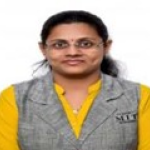
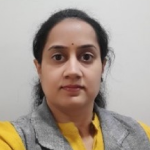
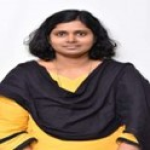
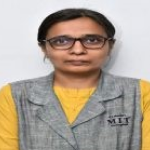
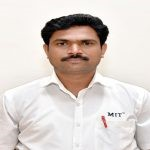
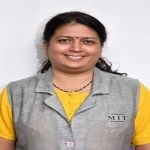
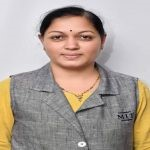
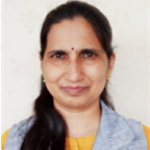
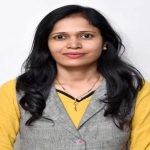
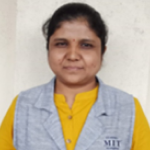
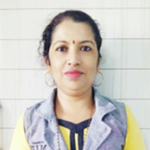
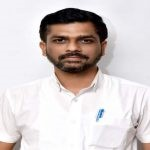
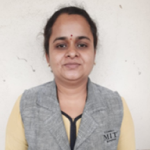
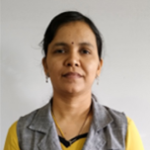
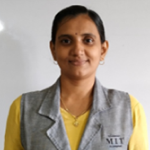
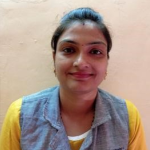
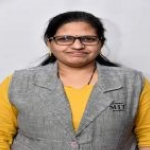
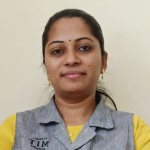
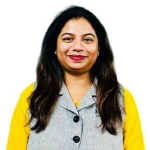
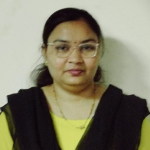
Industry Visits
| Sr. No. | Academic Year | Date | Class | Number of Students and Staff | Industry visited |
|---|---|---|---|---|---|
| 01 | 2022-23 | 19 November to 21 November | B.Tech CSE | 49+2 | ISRO, Hyderabad |
| 02 | 2021-2022 | 23-03-2019 | T. Y. (B. Tech) | 19+2 | Findability Sciencs Pvt, Aurangabad |
| 03 | 2019-2020 | 23-10-2019 | T. Y. (B. Tech) | 44+4 | ISRO, Hyderabad |
| 04 | 2018-2019 | 16-03-2019 | S. Y. (B. Tech) | 45+3 | Red Hat India Pune |
| 05 | 2018-2019 | 10-05-2018 | T. Y. (B. Tech) | 44+04 | ISRO, Hyderabad |
| 06 | 2017-2018 | 19-07-2017 | T. Y. (B. Tech) | 49 + 04 | Infosys, Pune |
| 07 | 2016-2017 | 21-01-2017 | T. Y. (B. Tech) | 46 + 03 | Infosys, Pune |
| 08 | 2015-2016 | 28-03-2016 | M. Tech(CST) | 12+2 | Ticket Utils, Aurangabad |
| 09 | 2015-2016 | 09-11-2015 | T. Y. (B. Tech) | 48+4 | DSK, Pune |
| 10 | 2014-2015 | 29-09-2014 | T. Y. (B. Tech) | 52+3 | PIIC Google, Pune |
| Sr. No. | Name of the Laboratory | Area (in m 2) |
|---|---|---|
| 01 | Database Lab | 66.88 |
| 02 | Computer Programming Lab – I | 71.37 |
| 03 | Computer Programming Lab – II | 70.08 |
| 04 | Computer Programming Lab – III | 66.69 |
| 05 | Advanced Computing Lab | 66.1 |
| 06 | Computer Software Lab | 73.2 |
| 07 | Linux Lab | 70.2 |
| 08 | Computer Network Lab | 71.37 |
| 09 | Computer Hardware and Microprocessor Lab 70.2 | 70.2 |
| 10 | Computer Design Lab | 66.69 |
| 11 | Project Lab | 66.69 |
| 12 | Computer Centre | 172.5 |
Faculty Achievements
| 1 | Achievements |
|---|---|
| 1 | Dr. Smita Kasar, Mr. Sandip Kankal, Sankalp Pol and Pallavi Kamble Published Patent for Robotic Fish for Underwater Surveillance |
| 2 | Ms.Sushama Deshmukh Recognized as a member of the peer reviewer committee Nationally for Virtual Lab development, a project by MHRD in association with IIT Bombay |
| 3 | Ms. Sushama Deshmukh Published Patent for MTrack: Automatic Patient Record Management System |
| 4 | Ms. Sushama Deshmukh, Sudhir Singh, Akshay Shinde, Rohit Thombre Registered Technical Copyright Registered in Software Category for “Software Engineering Virtual Lab with the User’s Performance Evaluation Report for the Experiment: Identify Appropriate Software Process Model for the Given Scenario and Comparison of Basic Software Process Models.” © Copyright under Software Category |
| 5 | Ms. Sushama Deshmukh Registered E-Content, Power Point Presentation on Topic “Software Development Life Cycle and Basic Software Process Models” © Copyright under Art/Literary Work. 22/01/2020. This can be explored on the following link. |
| 6 | Dr.SmitaKasar Registered copyright for Biomedical Waste Management Audit Tool |
| 7 | Ms. Daivashala Deshmukh, Ms. Asra Anjum Registered copyright for Apache Pig example with sample dataset |
| 8 | Ms. Daivashala Deshmukh, Ms. Asra Anjum Registered copyright for Apache Pig example with sample dataset |
| 9 | Ms. Daivashala Deshmukh, Ms. Asra Anjum Registered copyright for Apache Pig example with sample dataset |
| 10 | Mr. Nihit Agrawal, Ms. Preeti Mishra Registered copyright for Effectively conducting programming lab |
| 11 | Ms. Bharati Chaudhari,Ms. Bharti Gurav Registered copyright for Example of Histogram Equalization |
| 12 | Mr. Prashant Khosre, Ms. Swati Vishnu Registered copyright for Linux Command Classification |
| 13 | Dr. Geeta Tripathi Registered copyright for Example of Zero Address Instruction Execution Steps |
| 14 | Ms. Swati Vishnu,Mr. Prashant Khosre Registered copyright for Execution of Linux Commands |
| 15 | Mr. Jaykumar Dhage,Mr. Rahul Mapari,Mr. Kiran Khandarkar Filed copyright for Example of Dijkstra’s shortest path algorithm |
| 16 | Ms. Sushama Deshmukh, Tejas Devda, Ninad Dere Registered copyright for Vacc-IT-A Project Poster |
| 17 | Ms. Suvarnmala Bangar Registered copyright for Example of Cyclometric complexity |
| 18 | Ms. Kavita Bhosle Registered copyright for Example of Directed Hamiltonian Cycle (DHC) |
| 19 | Ms. Seema Chaudhary, Ms. V. Kala Files copyright for Types of Relationship in Java |
| 20 | Mr. Rahul Mapari, Mr. Kiran Khandarkar, Mr. JaykumarDhage Registered copyright for Example of Bubble sorting technique in Data structures |
| 21 | Mr. Kiran Khandarkar,Mr. JaykumarDhage,Mr. Rahul Mapari Filed copyright for Example of FIFO page replacement algorithm |
| 22 | Ms. Sushama Deshmukh Certified as a Virtual Labs’ Silver Developer for the development of virtual lab for the subject Software Engineering. |
Faculty Awards & Recognitions
| Sr. No. | Name of Faculty | Name of Award /Recognition | Year |
|---|---|---|---|
| 1 | Ms. Sushama Deshmukh | Published Patent for MTrack: Automatic Patient Record Management System | 2020 |
| 2 | Dr.SmitaKasar, Mr. Sandip Kankal, Sankalp Pol, Pallavi Kamble | Published Patent for Robotic Fish for Underwater Surveillance | 2020 |
| 3 | Ms. Daivashala Deshmukh, Ms. Asra Anjum | Registered copyright for Apache Pig example with sample dataset 2020 | 2020 |
| 4 | Ms. Bharati Chaudhari, Ms. Bharti Gurav | Registered copyright for Example of Histogram Equalization | 2020 |
| 5 | Ms. Bharti Gurav, Ms. Bharti Chaudhari | Registered copyright for Example design of automata | 2020 |
| 6 | Mr. Nihit Agrawal , Ms. Preeti Mishra | Registered copyright for Effectively conducting programming lab | 2020 |
| 7 | Ms. SushamaDehsmukh, Sudhir Singh, AkshayShinde, RohitThombre | Registered copyright for Software Engineering Virtual Lab with the User’s Performance Evaluation Report | 2020 |
| 8 | Ms. SuvarnmalaBangar | Registered copyright for Example of Cyclometric complexity | 2020 |
| 9 | Ms. Kavita Bhosle | Registered copyright for Example of Directed Hamiltonian Cycle (DHC) | 2020 |
| 10 | Ms. Seema Chaudhary, Ms. V. Kala | Files copyright for Types of Relationship in Java | 2020 |
| 11 | Mr. Rahul Mapari, Mr. Kiran Khandarkar, Mr. JaykumarDhage | Registered copyright for Example of Bubble sorting technique in Data structures | 2020 |
| 12 | Mr. Kiran Khandarkar, Mr. JaykumarDhage, Mr. Rahul Mapari | Filed copyright for Example of FIFO page replacement algorithm | 2020 |
| Sr. No. | Organization | MoU date (With effect from | Duration of MoU | In-charge Faculty | Objective of MoU | Action |
|---|---|---|---|---|---|---|
| 01 | Redhat | 2016 | Continued | Dr. Smita Kasar | Building these courses to match the expectations of enterprises, updating them as technology evolves, and supporting them with hands-on labs and exercises can be complex, difficult, and costly. | Red-Hat-Academy.pdf |
| 02 | Cloudera | 05-Jun-15 | Continued | Ms. Daivashala Deshmukh | Provides students with high-quality Hadoop instruction and courseware; preparing them to enter the workforce during a once-in-a-generation cycle of technological innovation. | MoU_CAP_CLOUDERA.pdf |
| 03 | Infosys Campus Connect | Sep-20 | 2 Years | Ms. P. Mishra | To bridge the gap between industry and academia by providing industry curriculum about IT.d | Infosys-MoU.pdf |
| 04 | Oracle | 15-Jan-21 | Upto Three Years | Ms. V.Kala | Building these courses to match the expectations of enterprises, updating them as technology evolves, and supporting them with hands-on labs and exercises can be complex, difficult, and costly. | Oracle-Welcome.pdf |
| 05 | Center of Excellence in Cyber Security and Cyber Forensics in nassociation with Sedulity Solutions, Delhi | 15th March 2021 | 3 yrs | Dr. Smita Kasar | To provide the bridge between industry and academia, to support the research and development activities among students and faculties by giving training and knowledge from the professionals in the area of cyber security and | Sedulity-Solutions-&-Technologies.pdf |
| 06 | AWS Academy | 14-01-2022 | 2 Years | Dr. B. S. Sonawane | To create human resource about cloud computing domain. To make students industry ready by providing real time AWS cloud environment through LMS and educator guidelines | AWS-Academy.pdf |
Alumni Meet
Industrial Visit
Seminar/Workshop/Expert Talk
| Syllabus | Name | Action |
|---|---|---|
| Action | B.Tech (Final Year) Revised in Year ( 2019-20) | BTech-2019-20.pdf |
| TY CSE Revised in Year ( 2018-19) | TY-2018-19.pdf | |
| SY CSE Revised in Year ( 2017-18) | SY-2017-18.pdf | |
| B.Tech (Final Year ) Old Year ( 2014-15) | BTech-2014-15.pdf | |
| TY CSE Old Year ( 2013-14) | TY-2013-14.pdf | |
| SY CSE Old Year ( 2012-13) | SY-2012-13.pdf | |
| M.Tech | M-Tech-Syllabus-2021-22.pdf | |
| STUDY MATERIAL, ONLINE LINKS AND CONTENT CREATED BY FACULTY | Study Material for Software Engineering by Ms.Preeti Mishra | View |
| Study Material for HCI by Ms. Preeti Mishra | View | |
| Study Material on UML by Ms. Preeti Mishra | View | |
| PPT on Introduction to Software Development Life Cycle and Basic Software Process Models – By Ms. Sushma Deshmukh | View | |
| Virtual Lab(Hosted on IIT Bombay) – Software Engineering by Ms. Sushma Deshmukh | View | |
| Youtube Channel on Python Programming by Ms. Preeti Mishra | View | |
| Think Pair Share Activity | View | |
| Introduction to Software Engineering | View | |
| Process Models | View | |
| Rational Unified Process | View | |
| Think Pair Share Activity | View | |
| Object Oriented Concepts and Class Modeling | View | |
| Software Testing | View | |
| Design Engineering | View | |
| Design Engineering | View | |
| Analysis | View | |
| Design Rules | View | |
| Architecture Design | View | |
| Introduction to Software Engineering | View | |
| Design Engineering | View | |
| Software Quality Matrices | View | |
| Introduction to Software Engineering | View | |
| Software Testing Techniques | View | |
| Introduction to Human Computer Interaction | View | |
| Unified Modeling Language | View | |
| Object Modeling | View | |
| Design Interaction | View | |
| Architectural Design | View | |
| Software Testing | View | |
| Performing User Interface Design | View | |
| Architecture Design | View | |
| Dynamic Modelling | View | |
| Functional Modeling | View | |
| Object Diagram | View | |
| Sequence diagram | View | |
| LAB MANUALS | SY Data Structures | LAB-MANUAL-SY-CSE-DS.pdf |
| SY Digital Electronics and Microprocessor | DEMP-KRK.pdf | |
| SY- Advanced C Lab Manual | 2019-20P1_SYCSE_AdvancedC.pdf | |
| SY Computer Graphics | cglanmanualnew.pdf | |
| TY Operating Systems | OS-KRK2019.pdf | |
| TY Programming in Java | PIJ-1920_LabManual.pdf | |
| TY Computer Network & Security | cns-manual-no-source-code.pdf | |
| Final Data Mining and Data Warehousing | DMDW-AA.pdf | |
| Final Year Artificial Neural Networks | ANN-Btech.pdf | |
| E-MAGAZINES | CSED 2016-17 Part I | CSED2016-17p1.pdf |
| CSED 2016-17 Part II | CSED2016-17p2.pdf | |
| CSED 2017-18 Part I | CSED2017-18p1.pdf | |
| CSED 2017-18 Part II | CSED Magazine 2022 I.pdf | |
| CSED 2018-19 Part I | Magazine OCT 2018.pdf | |
| CSED 2018-19 Part II | Magazine April 2019.pdf | |
| CSED 2019-20 Part I | Magazine NOV 2019.pdf | |
| CSED 2019-20 Part II | Magazine June 2020.pdf | |
| CSED 2020-21 Part I | Magazine 2020 issue 1 part 2.pdf | |
| CSED 2020-21 Part II | Magazine 2021 issue 1 part 2.pdf | |
| CSED 2021-22 Part II | CSED Magazine 2022 I.pdf |
